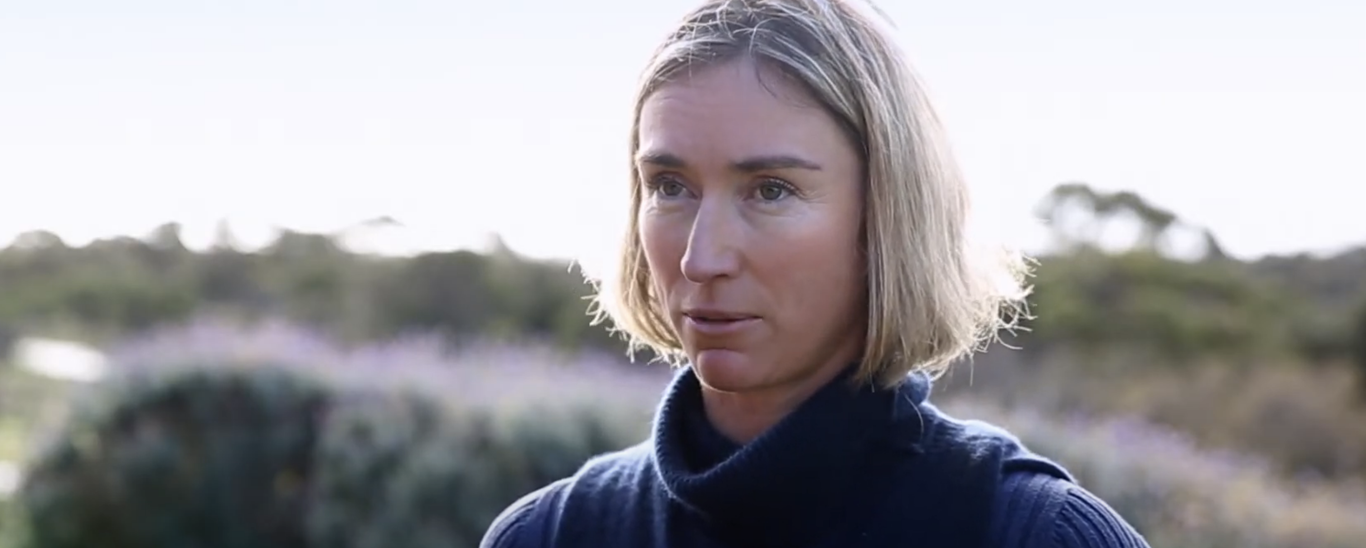
Cape Jaffa Wines has wholeheartedly embraced the concept of “think global and act local” in its approach to protecting the environment. Situated in the Mount Benson wine region, between Kingston and Robe in the State’s southeast, CJW produces fully biodynamic wines and has long been committed to sustainable practices throughout its vineyards and winery. In 2007 – the year that they achieved A-Grade Biodynamic Certification – Anna and Derek Hooper decided to take things even further by purchasing carbon credits to offset their carbon emissions.
But then the penny dropped. “We realised that for the same amount of money it would take to buy credits we could support a number of biodiversity projects in the local region that would get the community involved,” Anna said. Initially they funded projects via Greening Australia, but things quickly evolved. They developed their own action plan, and in 2009 the “Cape Jaffa Wines local biodiversity enhancement project” was launched. Two years later they were running bi-annual working bees for school students and pretty well anyone else who wanted to get involved. They also involved local students in the Planet Ark National Schools Tree Day in 2008 and 2011.
Since then, among other projects CJW has developed a two-hectare native seed lot to supply regionally endemic plants to local nurseries, launched a “day of action” to rehabilitate the McIntyre Street Coastal Reserve and developed a weed control project to eradicate boxthorn on the remote island of Baudin Rocks.
“When we started planning our biodiversity spend, we soon realised that we could have a greater impact on public land than private land,” Anna said. “This afforded the additional benefit of being able to involve the community.
“In line with the ‘protect, enhance and restore’ mentality, we sought out existing areas in important species habitats to protect them from encroaching spread of environmental weeds.” Education is an important part of the CJW approach. Anna and Derek regularly run school tours and have set up a biodynamic vegetable garden to pass on tips to visitors. They even provide biodynamic preparations for enthusiasts to try at home. The CJW model has proven to be an innovative and successful way of gaining a three-fold benefit – good environmental outcomes, staff education and team bonding, and community involvement.
And their own vineyards have certainly not been neglected in the drive to spread the environmental message. CJW has gone beyond the requirements of biodynamic certification guidelines in terms of reducing its impact on soil health and implementing precision viticulture techniques. The whole vineyard has been mapped and mechanisms are in place to allow for irrigation and compost application to be targeted to areas where the vines most need it.




